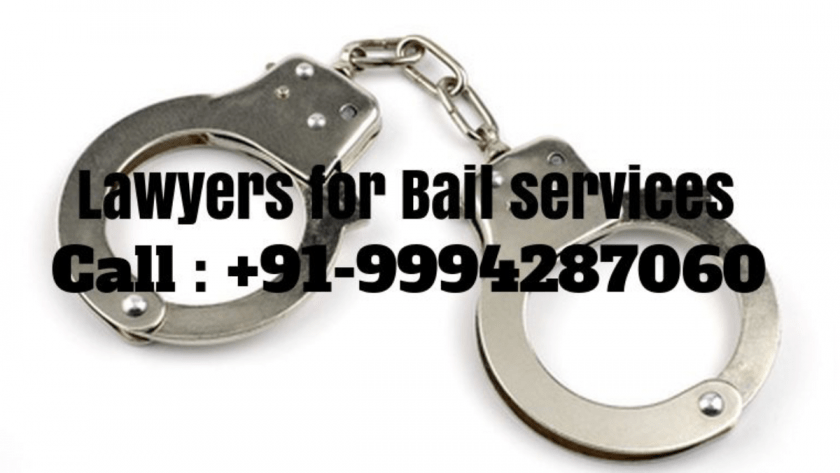How to Complain About Customs Officers: Entering a country, whether by air or sea, involves a necessary interaction with customs officials. While most encounters are routine, sometimes, unfortunately, they can turn problematic. Perhaps you believe you were subjected to undue delay, discriminatory treatment, or even outright abuse of power. If you find yourself in such a situation, understanding how to lodge a complaint is crucial. This article, with guidance from Rajendra Criminal Law Firm, will walk you through the process.
Navigating the Labyrinth: How to Complain About Customs Officers at Airports and Ports with Rajendra Criminal Law Firm
First and foremost, Document Everything.
Before you even consider filing a formal complaint, meticulous documentation is paramount. Indeed, this step acts as the foundation of your case. Therefore, gather all relevant information. For instance, note the date, time, and location of the incident. Moreover, record the names or badge numbers of the customs officers involved. Furthermore, if possible, obtain contact details of witnesses. Additionally, retain any receipts, travel documents, or other relevant paperwork. Moreover, take photographs or videos if permissible. In essence, any piece of evidence, regardless of its seeming insignificance, could prove invaluable.
Understanding Your Rights: The Legal Framework.
In any complaint, knowing your rights is essential. Specifically, you must understand the legal parameters within which customs officers operate. To be sure, customs officers have the authority to inspect goods, detain individuals, and enforce regulations. Nevertheless, they must exercise this authority within the confines of the law. For instance, they cannot engage in arbitrary detention. Similarly, they cannot discriminate based on race, religion, or nationality. Furthermore, they must adhere to principles of natural justice. Indeed, any deviation from these principles can form the basis of a valid complaint.
Identifying the Appropriate Authority: Jurisdiction Matters.
Subsequently, you must identify the correct authority to receive your complaint. Generally, this will depend on the specific jurisdiction and the nature of the complaint. For example, if you are complaining about a federal customs officer, you might need to file a complaint with a federal agency. Conversely, if the issue involves state or local customs, you might need to approach a different body. In particular, understanding the concept of jurisdiction is crucial. Moreover, you might need to consider the specific forum for your complaint.
Crafting a Formal Complaint: Precision and Clarity.
After gathering evidence and identifying the appropriate authority, you must draft a formal complaint. In this regard, precision and clarity are paramount. Thus, write a detailed account of the incident. To illustrate, include specific dates, times, and locations. Also, describe the actions of the customs officers in detail. Moreover, state the specific laws or regulations that you believe were violated. Furthermore, attach copies of all supporting documents. In short, ensure your complaint is comprehensive and well-organized.
Seeking Legal Counsel: The Role of Rajendra Criminal Law Firm.
Alternatively, or in addition to, filing the complaint yourself, consider seeking legal counsel. In this case, Rajendra Criminal Law Firm can provide invaluable assistance. Indeed, their expertise in criminal law and administrative procedures can be instrumental in navigating the complex legal landscape. Specifically, they can help you understand your rights, gather evidence, and draft a compelling complaint. Moreover, they can represent you in any subsequent legal proceedings. In essence, having legal representation can significantly enhance your chances of a successful outcome.
Understanding Administrative Remedies: Exhaustion of Remedies.
In many jurisdictions, you must exhaust all available administrative remedies before pursuing legal action. In other words, you must first file a complaint with the relevant administrative agency and allow them to investigate. Subsequently, if you are dissatisfied with the outcome, you can then pursue legal action in court. To be sure, understanding the concept of exhaustion of remedies is crucial. Moreover, this process can involve various administrative hearings and appeals.
Pursuing Legal Action: Litigation and Beyond.
If administrative remedies fail, you might need to pursue legal action in court. Therefore, this involves filing a lawsuit against the relevant authorities. In this regard, Rajendra Criminal Law Firm can represent you in court. Specifically, they can present your case, cross-examine witnesses, and argue legal points. Furthermore, they can help you seek injunctive relief or monetary damages. Indeed, litigation can be a complex and time-consuming process.
Alternative Dispute Resolution: Mediation and Arbitration.
Additionally, consider alternative dispute resolution methods, such as mediation or arbitration. Specifically, these methods can provide a faster and more cost-effective way to resolve disputes. For instance, mediation involves a neutral third party who facilitates negotiations between the parties. Similarly, arbitration involves a neutral third party who makes a binding decision. In particular, these methods can be useful in resolving disputes involving customs officers.
Maintaining Records: Essential for Future Reference.
In the aftermath of filing your complaint, you must maintain meticulous records of all communications and proceedings. Thus, keep copies of all letters, emails, and legal documents. Moreover, record the dates and times of all meetings and phone calls. Furthermore, note the names of all individuals you interact with. In essence, these records can be crucial if you need to pursue further legal action.
Frequently Asked Questions
Answer: Unlawful detention, discriminatory treatment (based on race, religion, etc.), verbal or physical abuse, unreasonable delays, or actions exceeding their legal authority warrant a complaint. If you believe your rights were violated, document the incident.
Answer: It depends on the officer’s jurisdiction. For federal customs, complaints may go to a federal agency. For local customs, it might be a state or local authority. Check the relevant government website or consult legal counsel for specific instructions.
Answer: Gather any documentation, including travel documents, receipts, officer names/badge numbers, witness contact information, and any photographs or videos taken. Detailed notes of the incident, with dates and times, are crucial.
Answer: While you can file a complaint yourself, a lawyer, like those at Rajendra Criminal Law Firm, can provide valuable guidance. They can help you understand your rights, gather evidence, and navigate the legal process, significantly improving your chances of a successful outcome.
Answer: If administrative remedies fail, you can pursue legal action in court. This may involve filing a lawsuit for damages or injunctive relief. You may also consider alternative dispute resolution methods like mediation or arbitration for a faster resolution.
Conclusion: Seeking Justice and Accountability.
In conclusion, complaining about customs officers at airports and ports can be a daunting task. However, by following the steps outlined in this article, you can effectively navigate the process. Therefore, remember to document everything, understand your rights, identify the appropriate authority, and seek legal counsel when necessary. Specifically, Rajendra Criminal Law Firm can provide invaluable assistance in this regard. Moreover, by pursuing justice and accountability, you can help ensure that customs officers operate within the bounds of the law. Ultimately, this process upholds the rule of law and protects the rights of all individuals.
Read More
- How to Lodge a Complaint About Indian Railway Officers
- Sexual harassment: The police officer appeared before CB-CID
- How to File a Complaint Against Central Government Officers: A Step-by-Step Guide
- Shielding Families: Legal Aid for Domestic Violence Victims
- Complaint Procedures for Officers in the Indian Postal Department
- CPGRAMS (Centralized Public Grievance Redress and Monitoring System):





